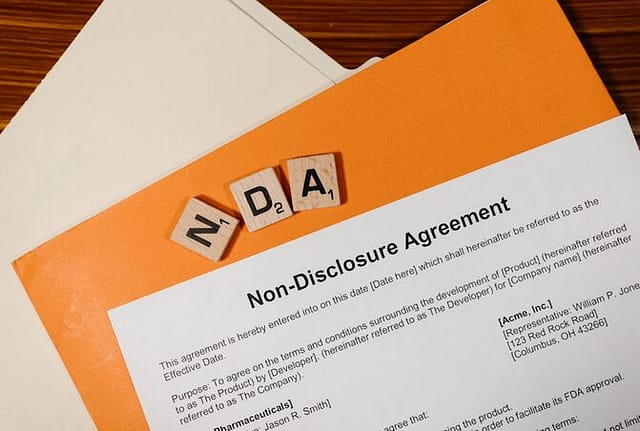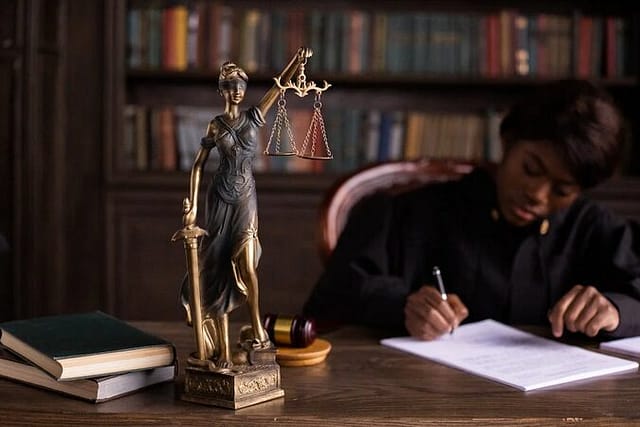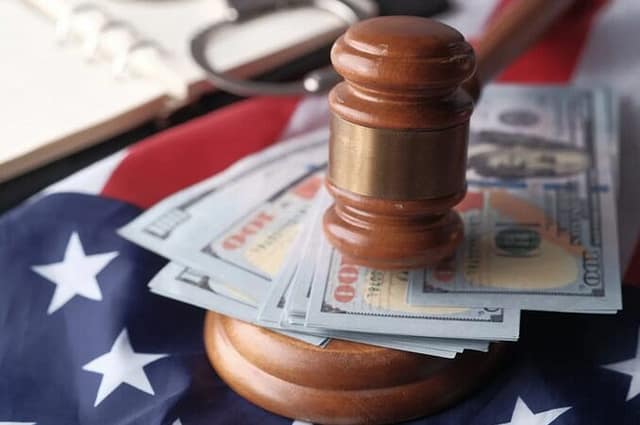Band Breakups & the Legal Issues: Avoiding Lawsuits Over Music Rights
Band breakups can feel like a scene straight out of a dramatic movie. One moment, the music is flowing and the chemistry is palpable; the next, tensions rise, egos clash, and everything falls apart. But amid the heartache lies another layer of complexity: legal issues over music rights. You can even learn about it in the case of hallelujah lyrics jeff buckley.
Whether it’s splitting royalties or determining who gets to keep the band name, one misstep can lead to lengthy court battles that overshadow past hits. This post dives into why having clear agreements in place matters more than ever for musicians facing splits—because when it comes to creativity and business, clarity is key.
Why Band Agreements Matter
Band agreements lay the foundation for a successful musical partnership. They outline expectations, roles, and responsibilities before any disagreements arise. By specifying each member’s contributions, everyone knows where they stand. This clarity helps prevent misunderstandings that can lead to bitter disputes later on. Moreover, these agreements address financial matters upfront. From recording costs to merchandise profits, having everything in writing safeguards individual interests. When emotions run high after a breakup, the absence of an agreement can turn friendships into rivalries fast. A well-crafted band agreement creates a safety net for all members involved.
Splitting Songwriting Credits & Royalties
When a band creates music, the division of songwriting credits and royalties can become contentious. Each member may contribute differently, but fair recognition is crucial. Establishing clear agreements upfront helps avoid conflicts later. It’s important to define who wrote what and how that translates into financial rewards. Some bands opt for an equal split regardless of contribution; others weigh each member’s input distinctly. Transparent communication channels are vital here. Discuss expectations openly to foster trust among members. As songs gain popularity, the stakes increase. Royalties from streaming platforms or sales can make or break a band’s finances.



Who Owns the Name (Trademark)?
When a band breaks up, one of the most contentious issues is ownership of the band’s name. This often boils down to trademark law. If you’ve been using a specific name in conjunction with your music, that name may be protected under trademark. Ownership can get murky if multiple members have contributed to building the brand associated with that name. Did someone come up with it? Was it a collaborative effort? These questions matter. If disputes arise, courts will look at how long the band has been active and whether there’s any formal registration of the trademark. A registered trademark offers more legal protection but is not always necessary for establishing rights.
What Happens to Unreleased Music?
Unreleased music can become a contentious topic during band breakups. When members part ways, the fate of those unrecorded tracks often hangs in the balance. Each member may have different ideas about what should happen to this material. Some might want to keep it for future projects, while others see potential in releasing it as a solo endeavor. If no agreements are made beforehand, disputes can quickly arise. Questions about ownership and contributions creep into discussions. Without clear documentation or understanding among bandmates, these tracks may never see the light of day. Or worse, they could end up embroiled in legal battles that drain time and resources.
How an Attorney Can Help
Navigating a band breakup can be emotionally and legally complex. An attorney who specializes in music law is an invaluable resource during these tumultuous times. They can help you draft agreements that protect everyone’s interests before conflicts arise, ensuring clear terms for songwriting credits and royalties.…








